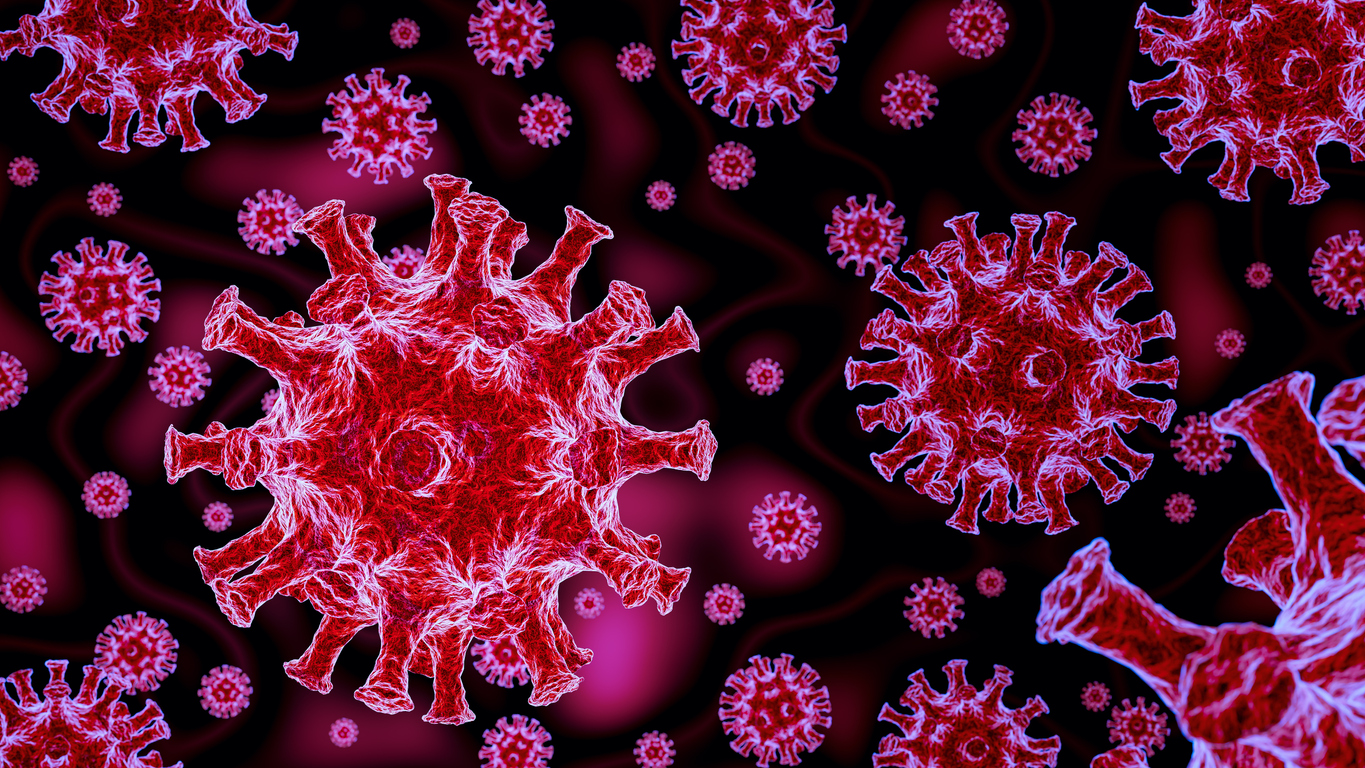
Researchers define immune system’s requirements for protection against COVID
In a new study, scientists have shed light on the role of antibodies and immune cells in protection against SARS-CoV-2, the virus that causes COVID-19.

In a new study, scientists have shed light on the role of antibodies and immune cells in protection against SARS-CoV-2, the virus that causes COVID-19.
The study published in the journal Nature by Dan Barouch, Director of Beth Israel Deaconess Medical Center (BIDMC) in the US, says, “We define the role of antibodies versus T cells in protection against COVID-19 in monkeys. We report that a relatively low antibody titer (the concentration of antibodies in the blood) is needed for protection.”
“Such knowledge will be important in the development of next generation vaccines, antibody-based therapeutics, and public health strategies for COVID-19,” he added, in a press release issued by BIDMC.
Related News: Pfizer India becomes first pharma to apply for COVID-19 vaccine use in India
Building on previous findings that SARS-CoV-2 infection protects rhesus monkeys from re-exposure, Barouch and colleagues purified and collected antibodies from animals that had recovered from infection. They administered the antibodies at various concentrations to 12 uninfected macaques and observed that protection against SARS-CoV-2 challenge was dose dependent.
Animals that received higher amounts of antibodies were protected more completely, while animals that received lower amounts of antibodies were protected less well. Similarly, when the researchers administered various concentrations of the purified antibodies to 6 macaques with active SARS-CoV-2 infection, those given higher doses demonstrated more rapid viral control, the researchers said.
In a second set of experiments, Barouch and colleagues evaluated the role of specific immune cells — CD8+ T cells — in contributing to protection against the virus by removing these cells from animals that had recovered from SARS-CoV-2 infection. Removal of these immune cells left the animals vulnerable to infection after re-exposure to SARS-CoV-2.
“Our data define the role of antibodies and T cells in protection against COVID-19 in monkeys. Antibodies alone can protect, including at relatively low levels, but T cells are also helpful if antibody levels are insufficient,” said Barouch, who is also Professor of Medicine at Harvard Medical School, and a member of the Ragon Institute of MGH, MIT, and Harvard.
“Such correlates of protection are important given the recent successful vaccine results from human trials, and the likelihood that these and other vaccines will become widely available in the spring; as a result future vaccines may need to be licensed based on immune correlates rather than clinical efficacy,” he added.


